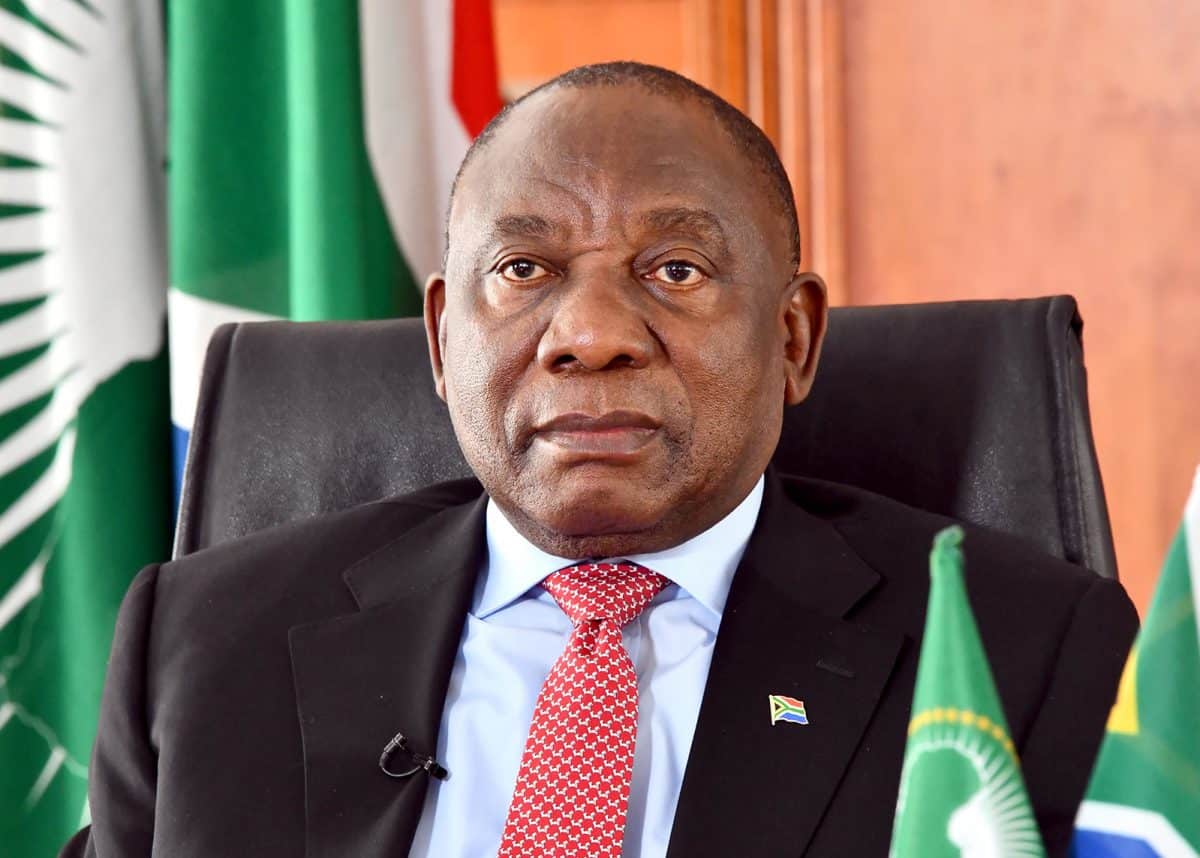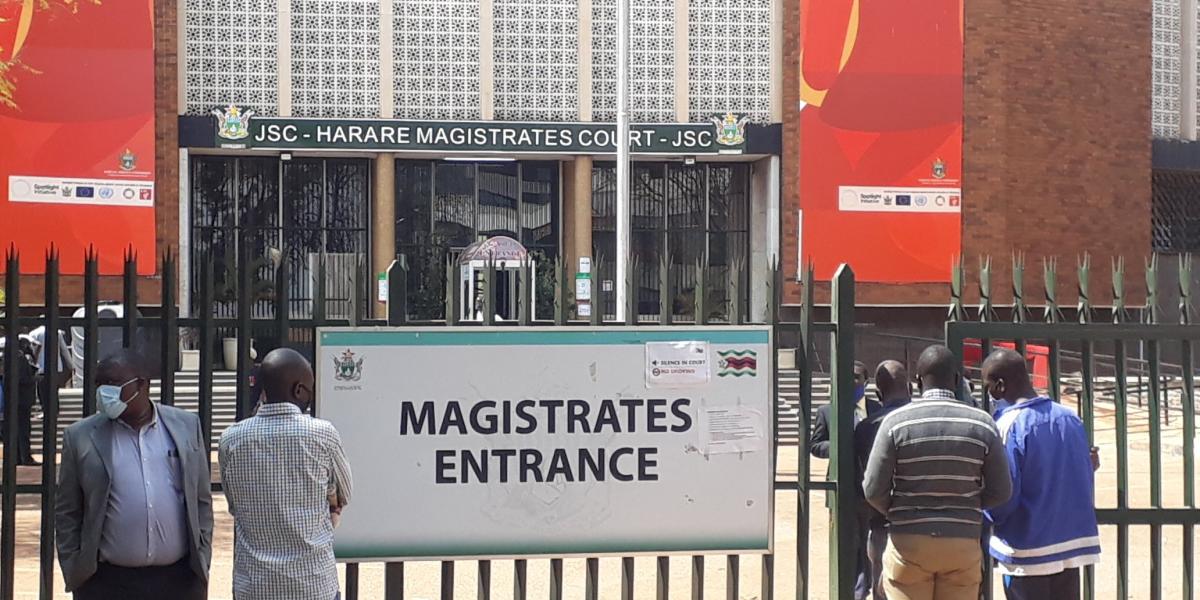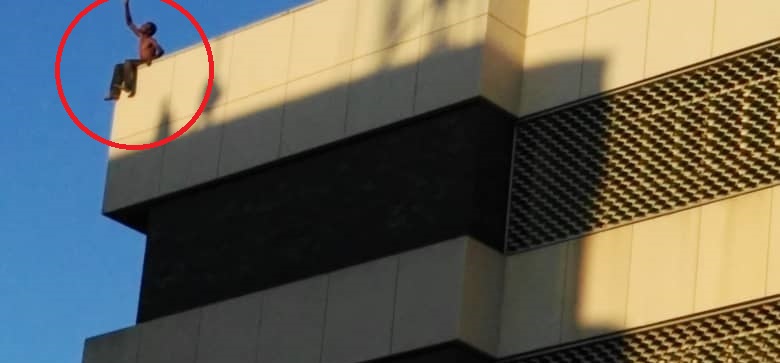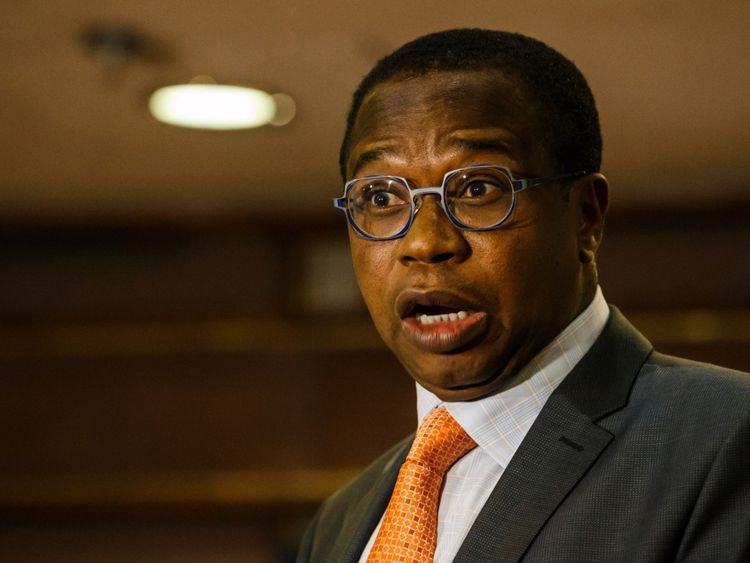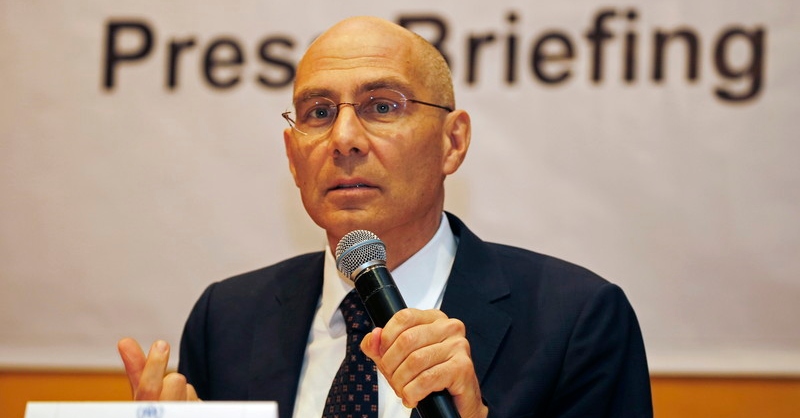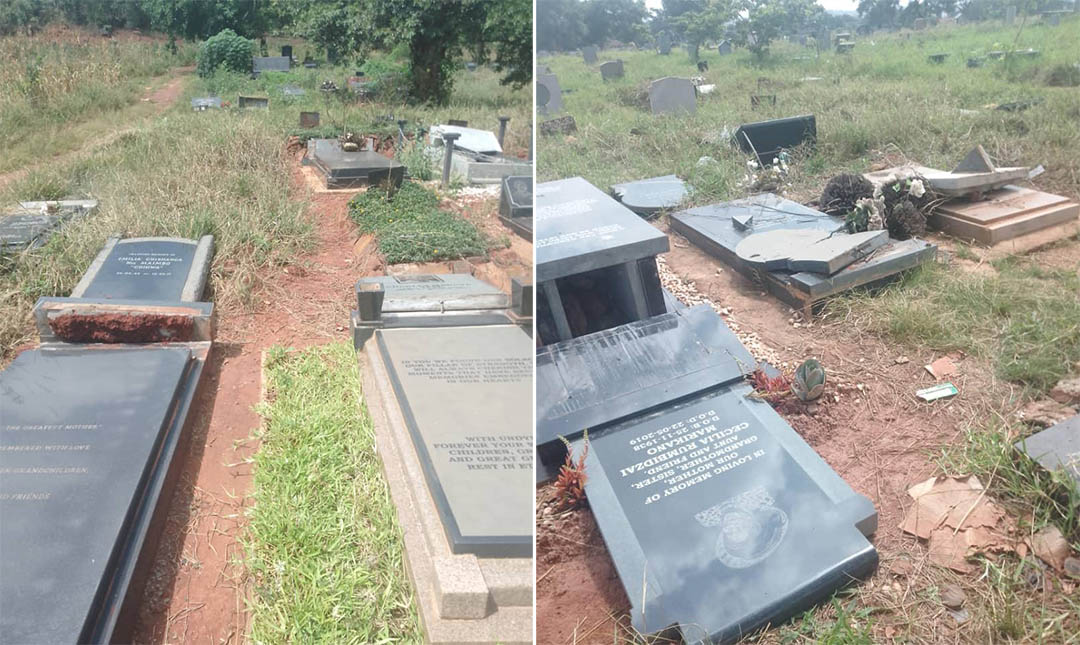JOHANNESBURG, South Africa – South Africa’s ruling African National Congress says it is sending a delegation to engage with Zanu PF, a process that will run concurrently with the work of President Cyril Ramaphosa’s special envoys in a new diplomatic push to find a solution to the crisis in Zimbabwe.
Zimbabweans are grappling with inflation of over 800 percent, a strike by nurses which is in its third month and emergency rule conditions which have seen an unprecedented crackdown on dissent.
Zimbabwean officials insist that there is no crisis, and President Emmerson Mnangagwa last month met three Ramaphosa special envoys who were however blocked from engaging government critics.
But speaking following a meeting of the ANCs National Executive Committee on Monday, Ramaphosa said they are “having to deal with a situation on our borders” as Zimbabweans stream across to escape growing poverty and repression.
A resolution of the NEC read by Ramaphosa said: “The NEC welcomed government efforts to engage the situation in Zimbabwe, in particular the deployment of special envoys. It emphasised the importance of the envoys engaging with all stakeholders in the country to assist in addressing the current situation. ANC and government processes must complement each other.”
ANC secretary general Ace Magashule will lead a delegation to engage Zanu PF “with the intention to develop a fuller understanding of the situation” in Zimbabwe and “to determine how the government and ANC can assist.”
“It was also agreed that the ANC must speak to all parties and stakeholders as well,” the ANC said.
Ramaphosa said Mnangagwa had recently expressed a desire that the ANC meets with his Zanu PF party’s Politburo – but the ANC NEC has decided the engagement should also include his rivals and other interest groups.
The talks would happen “in days to go”, Ramaphosa said.
“In my discussions with President Mnangagwa, he informed me that their politburo wanted and desired to be in conversation with the ANC to discuss the situation much more fully in Zimbabwe and we agreed that this delegation must now proceed,” Ramaphosa said.
“The NEC expressed a deep desire that when they get there, they should have an opportunity of meeting other stakeholders in Zimbabwe. Clearly, it is important that we get as broad a view of what is happening in Zimbabwe as possibly can.”
Mnangagwa’s critics, including churches, accuse him of launching an “unprecedented crackdown” on dissent in recent weeks as anger rises over corruption and economic mismanagement.
Security forces snuffed out planned protests on July 31 but dozens of Mnangagwa’s opponents and ordinary citizens were jailed, while some were abducted and tortured.
Mnangagwa has labelled his critics as “dark forces” and claims a Western funded plot to remove him from power before the end of his first term in 2023.
